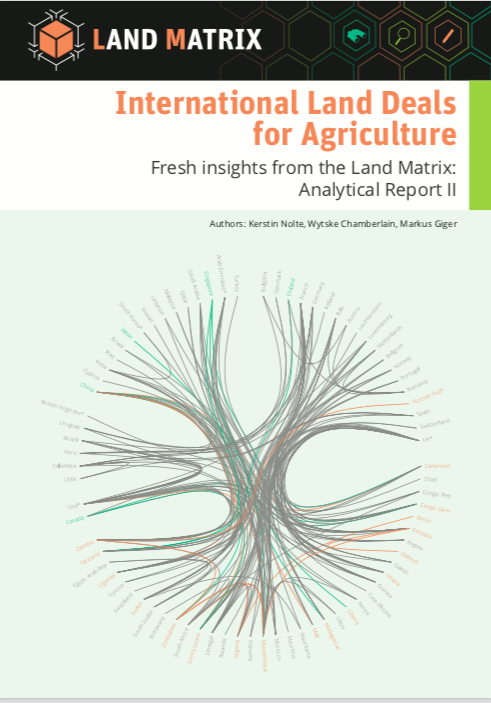International Land Deals for Agriculture
Large-scale land acquisitions continue to be an important issue for governments, development organisations, NGOs and farmers’ organisations all over the world; this remains the case even in times of global economic slowdown, recession and crisis. The scale of this trend and its significant impacts on rural transformation and livelihoods make it necessary to further monitor, observe and positively influence such deals wherever possible.




